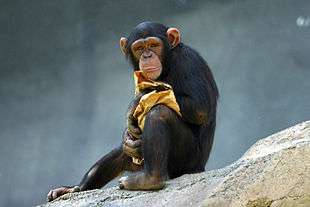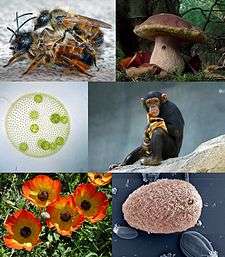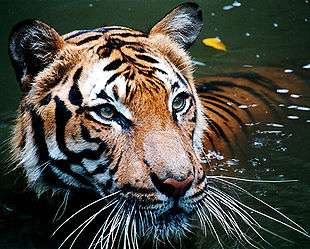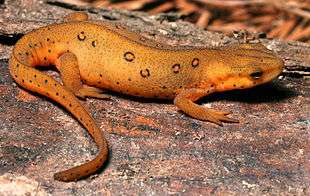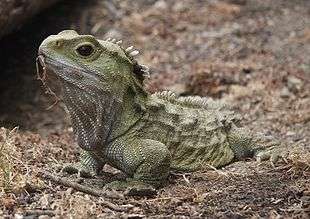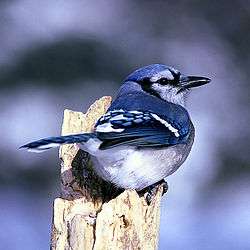Definify.com
Webster 1828 Edition
Dier
DIER.
[See Dyer.]Definition 2026
Dier
Dier
See also: dier
Luxembourgish
Etymology
From Old High German duri, a northern variant of turi, from Proto-Germanic *durz.
Pronunciation
Noun
Dier f (plural Dieren)
dier
dier
See also: Dier
English
Noun
dier (plural diers)
- One who dies.
- Don DeLillo, White Noise
- It's a way of controlling death. A way of gaining the ultimate upper hand. Be the killer for a change. Let someone else be the dier.
- 2006, Shankar Mokashi Punekar, Awadheswari
- Since other languages are structurally constrained to say who it was who died and since the original leaves the identity of the dier unexpressed, any translation in the target language is going to be incorrect.
- Don DeLillo, White Noise
Usage notes
- Used in abstract and philosophical contexts, rather than in discussing a known individual who has died. Compare deceased.
Afrikaans
Etymology
From Dutch dier, from Old Dutch *dior, from Proto-Germanic *deuzą.
Noun
dier (plural diere)
Dutch
| Picture dictionary | |||||||
|---|---|---|---|---|---|---|---|
| |||||||
|
Pronunciation
- IPA(key): /diːr/, /diər/
Etymology 1
From Old Dutch *dior, from Proto-Germanic *deuzą, cognate with German Tier.
Noun
dier n (plural dieren, diminutive diertje n)
Derived terms
Terms derived from dier
Etymology 2
Determiner
dier
- (demonstrative) her, their, the latter's (genitive feminine singular and genitive plural of die).
- De verdachte heeft zich samen met een vriend, haar dochter en dier vriend schuldig gemaakt aan de moord op haar echtgenoot [...] (from a verdict of the Court of Justice at 's-Gravenhage, 2011 )
- The accused (woman) is guilty of having murdered her husband in cooperation with a friend, her daughter and the latter's friend [...]
Usage notes
Dier is used in a similar way as the possessive determiners haar and hun. It is rare in spoken Dutch, but used occasionally in writing to avoid confusion. Compare:
- Zij vertelde van haar dochter en haar man. ― She told about her daughter and her (own) husband.
- Zij vertelde van haar dochter en dier man. ― She told about her daughter and the latter's husband.
The corresponding masculine and neuter singular form is diens.
Anagrams
Elfdalian
Etymology
From Old Norse þeir, þær, from Proto-Germanic *þai. Cognate with Swedish de.
Pronoun
dier
